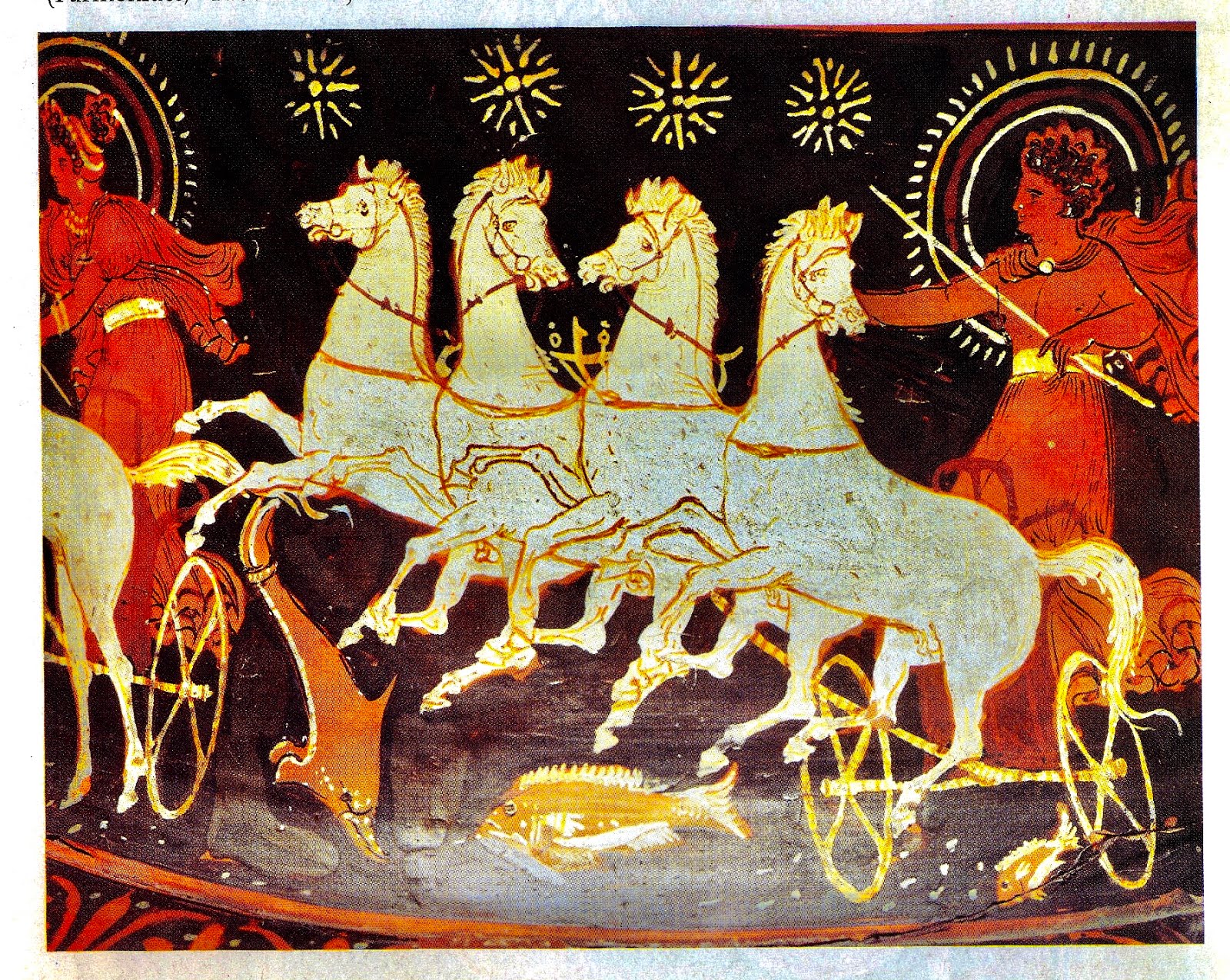Greek goddess Demeter. Skyphos, 5 th century BCE. National Archaeological Museum, Athens. Photo: George E. Koronaios. Wikipedia Commons. Demeter searching for Persephone Demeter, sister of Zeus and one of the most powerful of the gods, lost her daughter Persephone. While searching for her, she took the form of an old homeless woman in the polis of Eleusis near Athens. Queen Metaneira invited Demeter to the palace. The two of them agreed Demeter would take care of Metaneira’s baby boy Demophoon. Demeter fell in love with the baby and tried to make Demophoon immortal. She fed him not milk or human food but ambrosia, food of the gods. In addition, she treated Demophoon with blazing fire without harming him. However, Metaneira secretly watched her baby in the fire and screamed, thus ending Demeter’s metamorphosis of the human baby into an immortal being. Angry Demeter said to Metaneira: “Men are too foolish to predict the good or evil that will affect them in the future. You, Metane
